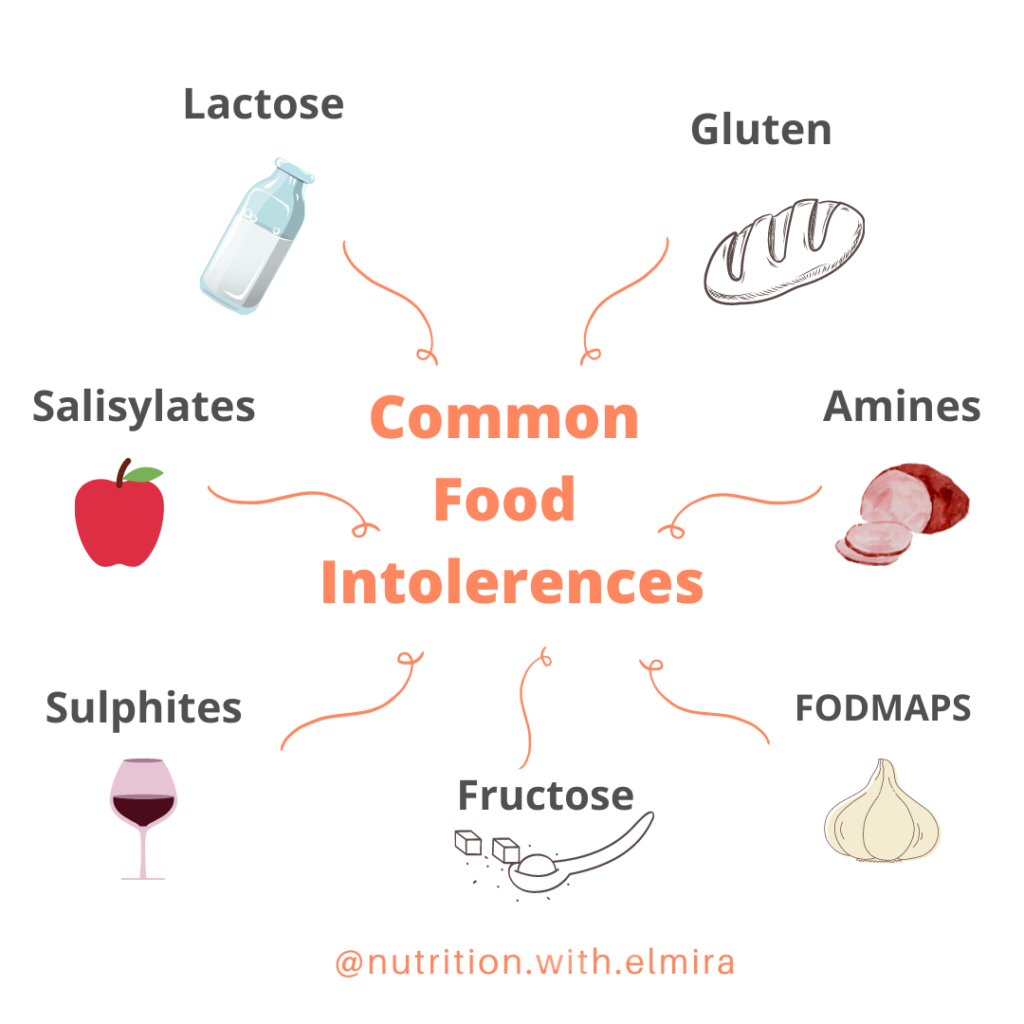Food intolerances are not fun, and what’s more, they seem to be on the rise with up 30% of the population in the UK and Ireland believing they are intolerant to one or more different food groups.
Common Food Intolerance Symptoms
Not to be mistaken for allergies (that can be life threatening), intolerances cause the individual an adverse reaction to a food or food groups that the body finds difficult to digest, with symptoms often presenting an hour or so after ingesting. Symptoms to look out for can include;
🔹 Bloating / flatulence
🔹 Heartburn
🔹 Stomach pain or cramps
🔹 Loose stools
🔹 Feeling irritable or jittery
🔹 Headaches / migraines
Possible Causes Of Food Intolerances
Believe it or not, there are numerous reasons as to why we may develop intolerances to certain foods, stemming from what our ancestors ate to the processing of mass produced foods. Things to be mindful of include;
🍬 Lacking in digestive enzymes – these are necessary to break down certain foods such as lactose found in dairy.
🍬 A diet high in processed foods – preservatives, flavourings, colourings, additives, pesticides are all known to contribute to intolerances.
🍬 Toxins and Chemicals – both environmental, in foods and in products we use on our skin.
🍬 Early weaning onto solid foods – babies digestive systems are underdeveloped and an introduction of solid foods before ages 4-6 months of age can induce intolerances.
🍬 Medications – from prescription to over-the-counter medication, some medications can cause a shift in our gut microbiome (destroying beneficial bacteria and thus impairing our digestive functions), making us more susceptible to intolerances.

If you suspect you have a food intolerance, start a food diary to whittle down the culprit and try cutting that food group out for a few weeks, introduce it back slowly and write down any symptoms. Consult with a Nutritional Therapist and your health practitioner to get to the root cause.
